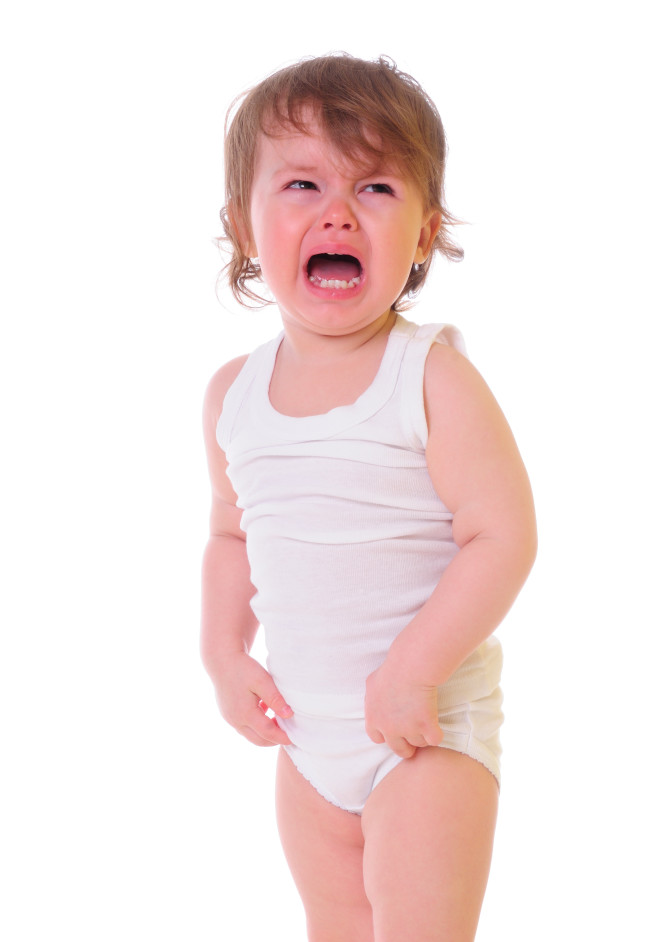The second year of a child’s life or the “terrible twos” as they are so commonly called is a time of great change and discovery in a toddler’s life.
If we, the parents understand the changes they are going through and their needs during this period, it can help us to manage this time better.
Expressing independence
From about 18 months, toddlers begin seeing themselves as separate from their mothers, and they express their newly discovered independence by defying their mother and other adults, especially when they are given an instruction.
They also become more aware of themselves, and therefore self conscious. They are able to feel new emotions such as embarrassment and guilt, which they couldn’t feel before.
As toddlers, try to make sense of the new feelings they are experiencing, they watch and learn from their parents and teachers when to feel blame, shame, or pride.
They also begin using new words, and will start expressing themselves, utilising words like “no” as they assert their independence.
Toddlers struggle to regulate emotions
Two-year-olds still have a limited vocabulary and can’t always express themselves properly, so they tend to become frustrated.
They also struggle to regulate their emotions and can become very angry, having the occasional emotional outburst or tantrum.
They will make attempts to control themselves by covering their ears and eyes, or changing the game they are playing, but they are not always successful.
A time of experimentation
This is a time of experimentation for them, as they find their place in the world, and so they need patient, compassionate, warm, loving parents and teachers who can guide them in expressing themselves effectively, and learning socially acceptable behaviour.
Using punitive methods like smacking, shouting, and time out to control their behaviour for example, teaches them to feel embarrassment, guilt or shame for trying to express themselves.
In addition, having adult expectations for toddlers is unrealistic. It takes time for them to fully understand what they are feeling and appropriate ways of expressing themselves.
Focus on the positive
Create opportunities for them to be independent, and role model acceptable behaviour for them.They are watching the adults around them all the time.
By focusing on the positive rather than saying “no” all the time, will not only give them the independence they want, and make them feel good and masterful over their environment, but it will also give them the words for positive communication.
Here are some ideas for giving toddlers what they need, while keeping them safe. Remember your child’s safety is always important:
“I can see you like to jump. Let’s go and jump outside, rather than on mommy’s bed where you can hurt yourself.”
“You can mix the paints when we are on the grass.”
“Yes you can walk on by yourself.” (Choose a place like a park, where you can let them go, but be a safe distance behind them.)
“Will you help mommy with the shopping?” Allow them to take items off the shelf and place it in the trolley. Use one of the smaller children’s trolleys if they are available.
Let them feed themselves somewhere where it doesn’t matter if they mess, like in the kitchen.
Teaching empathy and respect
Teaching them empathy, which is the ability to put yourself in someone else’s position, consider what they are feeling, and respond in a sensitive way, helps toddlers to understand that their behaviour impacts on others. “Mommy feels sad and angry when you smack, or shout at her.” Of course your child feels the same way when you smack, or shout at him. ” We don’t smack in this house because we don’t want anyone to feel angry and sad.” Teach mutual respect.
Acknowledge your toddler’s feelings
Allow them opportunities to vent their frustration or throw a tantrum, and acknowledge their feelings. Tantrums can be a stress relief for the child.
Find a safe, private place especially in public where they can be angry. “I know you’re very cross right now because mommy wouldn’t buy you the toy. It’s OK to be angry.”
Be patient as your toddler learns to control emotion
As your toddler feels more independent, comfortable with her feelings and increases her vocabulary, she becomes more co-operative and competent at controlling her emotions.
The second year can be a tremendous time of discovery if you remain positive and calm.
About the Author: Claire Marketos www.inspiredparenting.co.za
Latest posts by Contributor (see all)
- Video: Will putting cereal in my baby’s bottle help her sleep? - September 23, 2014
- The night before you were born - September 23, 2014
- New storybook, ‘My friend Paperman’ – easy on parents, loved by kids - September 23, 2014
-
No Comments" href="https://all4baby.co.za/toddlers-1-2-years/parenting-a-toddler/2074/6-tips-help-relate-toddler/">

6 Tips to help you relate to your toddler
-
No Comments" href="https://all4baby.co.za/birth/labour-delivery/2071/aromatherapy-labour-7-essential-oils-will-help-ease-pain/">

Aromatherapy in labour: 7 essential oils that will ease the pain
-
No Comments" href="https://all4baby.co.za/newborns-0-6-months/newborn-basics/2064/womb-world-secrets-babys-new-life/">

Womb to world: The secrets of your baby’s new life
-
No Comments" href="https://all4baby.co.za/uncategorized/2044/new-mom-lesson-sleep-stake-nothing-limits/">

Co-sleeping: When sleep is at stake, nothing is off limits


 Saving...
Saving...